Why Brake Repair and Maintenance Should Be a Priority
Brakes are the most critical safety feature in any vehicle, playing a vital role in ensuring the safety of drivers, passengers, and pedestrians. Neglecting brake maintenance can have dire consequences, ranging from decreased vehicle control to catastrophic failures. Regular brake maintenance not only enhances safety but also extends the life of the brake system. As such, understanding the importance of proper brake care is essential for all vehicle owners. This article will discuss the nuances of brake systems, the implications of worn brakes, and the benefits of proactive brake repair and maintenance.
Understanding Brake Systems
Types of Brake Systems
There are two main types of brake systems: disc brakes and drum brakes. Disc brakes utilize a caliper to squeeze pairs of pads against a disc or "rotor" to create friction that slows the vehicle. In contrast, drum brakes press shoes onto the inner surface of a spinning drum. Each system has its pros and cons, with disc brakes offering superior stopping power and heat dissipation. Understanding these differences can help in making informed decisions about vehicle maintenance and brake repair.
How Brakes Work
Brakes convert the kinetic energy of a moving vehicle into thermal energy through friction. This process involves several components working in unison to bring the vehicle to a stop safely. When the brake pedal is pressed, hydraulic fluid transmits force to the brake pads, which then apply pressure to the rotors or drums. The resulting friction generates heat, which is dissipated through the brake components. Routine brake repair ensures that this process occurs efficiently every time.
Key Components of a Brake System
A typical brake system consists of pads, rotors, calipers, and brake fluid. Brake pads are made from various materials to withstand high temperatures and provide adequate friction. Rotors are discs that experience direct contact with the pads, and their condition affects braking performance. Calipers are responsible for applying pressure to the pads, while brake fluid ensures smooth hydraulic motion. Regular checks for wear and tear on these components are essential for safety and effective brake repair.
Common Brake Problems
Several symptoms indicate potential problems within a brake system. Squeaking or grinding noises often suggest worn-out pads or debris caught between the components. A spongy brake pedal might indicate air in the brake lines or a brake fluid leak. It is critical to address these issues promptly to maintain vehicle safety. Regular inspections and timely brake repair can preemptively catch these problems, saving time and money in the long run.
The Importance of Brake Fluid
Brake fluid is crucial in maintaining adequate braking power. It acts as a medium of transfer for the force from the brake pedal to the brake pads. Moisture accumulation can degrade brake fluid, reducing its boiling point and causing brake fade. Regular replacement of brake fluid is recommended to ensure optimal performance. Neglecting brake fluid maintenance can lead to significant safety risks and expensive brake repair.
Safety Risks of Worn Brakes
Extended Stopping Distance
Worn brakes directly impact a vehicle's stopping distance, making it take longer to come to a halt. This increased distance can be the difference between a near miss and a collision. Even a slight deterioration in brake responsiveness can greatly affect reaction times, especially in emergency situations. Regular brake inspections and necessary brake repair ensure that stopping performance remains at optimal levels.
Potential for Brake Failure
The risk of brake failure increases when maintenance is neglected. Brake failure can occur without warning, leading to potentially dangerous situations. Components such as brake lines can corrode and fail, or brake pads can wear down entirely. Proactive maintenance and routine brake repair can identify these risks before they result in brake failure. Regular professional inspections are essential in catching problems early and ensuring your vehicle is always ready for safe operation.
Effects on Vehicle Control
Fading or faulty brakes can significantly impact vehicle handling and control. This can make navigation dangerous, particularly in adverse conditions or during sudden maneuvers. The ability to quickly respond to road hazards is compromised with poor braking performance. Keeping the brake system in optimal condition through routine brake repair helps maintain proper vehicle control. Drivers need to be vigilant about brake sensitivity and responsiveness.
Statistics on Brake-Related Accidents
Statistical data shows a significant number of accidents are related to brake failures. According to Consumer Affairs, the average cost of vehicle maintenance and repair in the U.S. increased by 6.5% in 2023, emphasizing the need for regular brake checks. Brake failure or neglect can lead to serious and often fatal outcomes. Investing in regular brake repair can potentially prevent these accidents. It's crucial that drivers do not overlook the importance of their brake system in road safety.
The Psychological Impact of Brake Issues
Driving with faulty brakes can create significant stress and anxiety. The constant worry about whether the brakes will perform optimally can be mentally taxing. This anxiety can affect the driver's concentration, response times, and decision-making. Ensuring proper brake repair alleviates this stress, contributing to a more pleasant driving experience. Prioritizing brake safety improves overall driver confidence and peace of mind.
Financial Considerations for Brake Maintenance
Comparing Maintenance Costs and Repairs
Routine brake maintenance is cost-effective compared to major repair bills. Identifying and fixing smaller issues early prevents them from becoming larger, more costly problems. Investing in regular brake repair can save hundreds or even thousands in future repair costs. Furthermore, well-maintained vehicles tend to face fewer breakdowns, reducing stress and inconvenience. The long-term savings of regular maintenance make it a wise financial decision for any vehicle owner.
Influence on Vehicle Resale Value
Maintaining a vehicle's brake system can positively affect its resale value. Prospective buyers view well-maintained brakes as an indicator of overall vehicle care. A vehicle with a documented history of brake repair can demand a higher resale price. Buyers will often prioritize vehicles with reliable safety features, where brakes are a top concern. Thus, regular brake maintenance is an investment that can have future financial benefits when selling the vehicle.
Insurance and Brake Repair Considerations
Well-maintained brakes can influence insurance premiums and coverage options. Insurance companies may offer lower rates or incentives for vehicles that are regularly maintained. Proper maintenance records, including documentation of brake repair, can provide favorable evaluations in claims assessments. Conversely, neglect and resulting brake failures can lead to increased insurance costs or denied claims. Regular brake upkeep not only protects the driver but also offers potential insurance benefits.
Brake Maintenance and Fuel Efficiency
There is a connection between brake condition and fuel efficiency. Worn or faulty brakes can cause increased rolling resistance, which reduces fuel economy. Keeping brakes in good condition minimizes friction, promoting smoother operation and better fuel use. Though often overlooked, maintaining brake efficiency contributes to a vehicle's overall performance and cost-effectiveness. Routine brake repair ensures that the vehicle operates at peak efficiency.
Preventing Unexpected Repair Costs
Regular brake inspections help avoid unexpected repair costs. Addressing minor issues before they escalate prevents expensive emergency repairs. Unexpected brake failures or replacements can be inconvenient and costly. Scheduled, routine brake repair helps you budget for automotive care without financial surprises. Taking a proactive approach to brake maintenance reduces the likelihood of unforeseen expenses.
Brake repair and maintenance are essential aspects of responsible vehicle ownership. Prioritizing brake care not only ensures safety but also provides economic and environmental benefits. Neglect can lead to severe repercussions, from increased stopping distances to brake failure and accidents. Taking proactive steps, such as regular inspections and maintenance, is a small price for peace of mind and safety on the road. If you're seeking reliable brake repair, make sure to contact City Side Auto Body today!

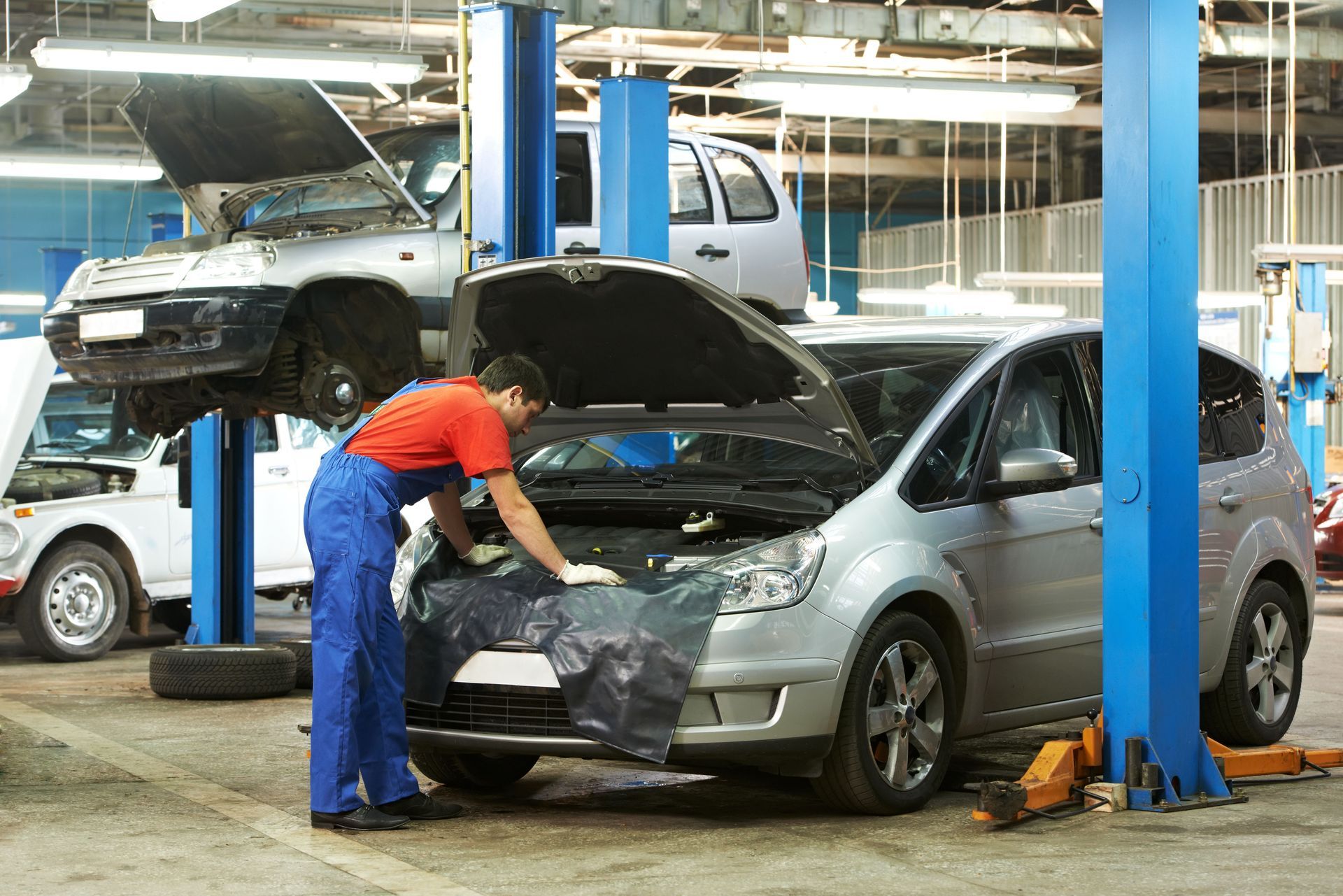
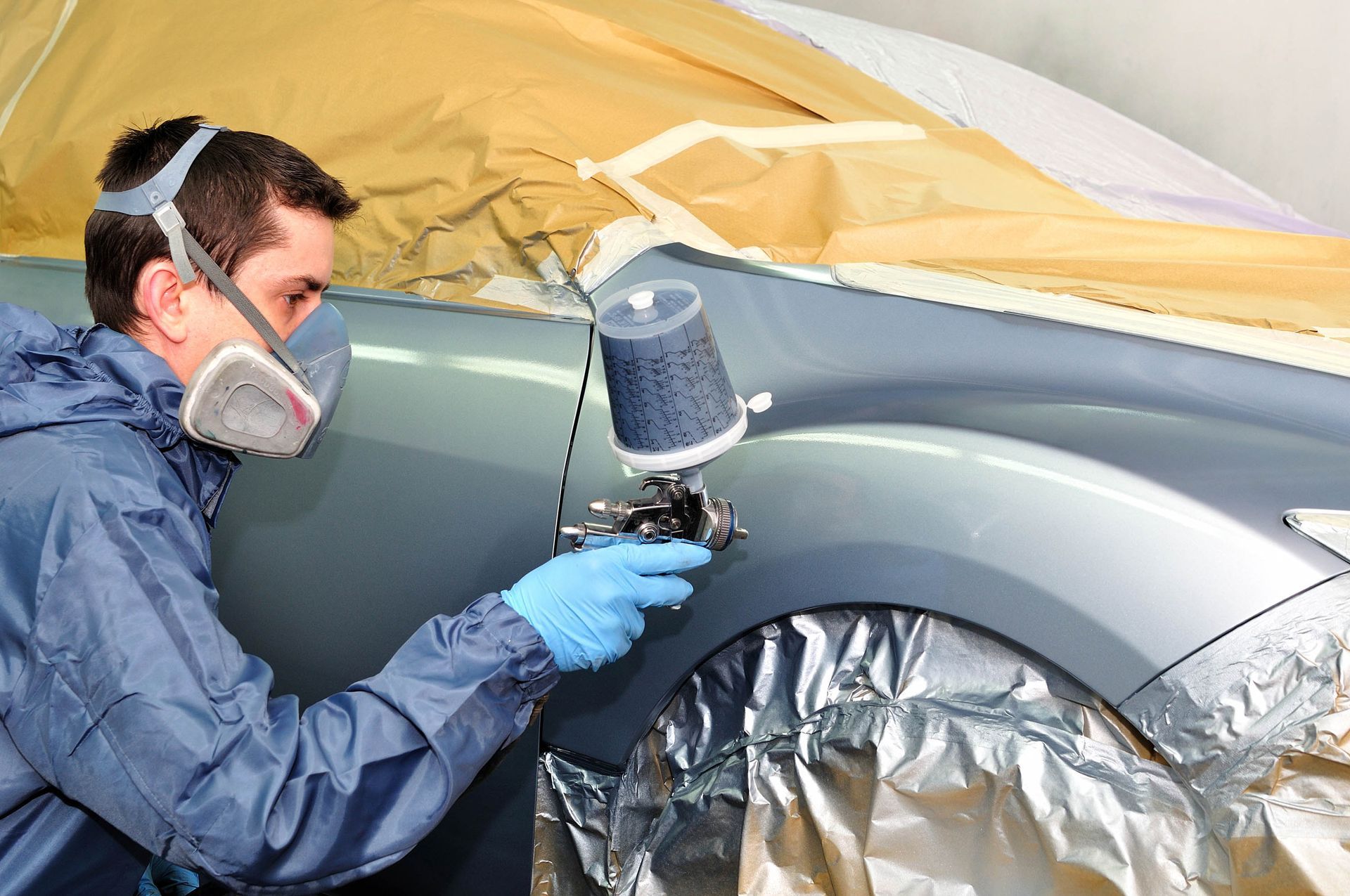
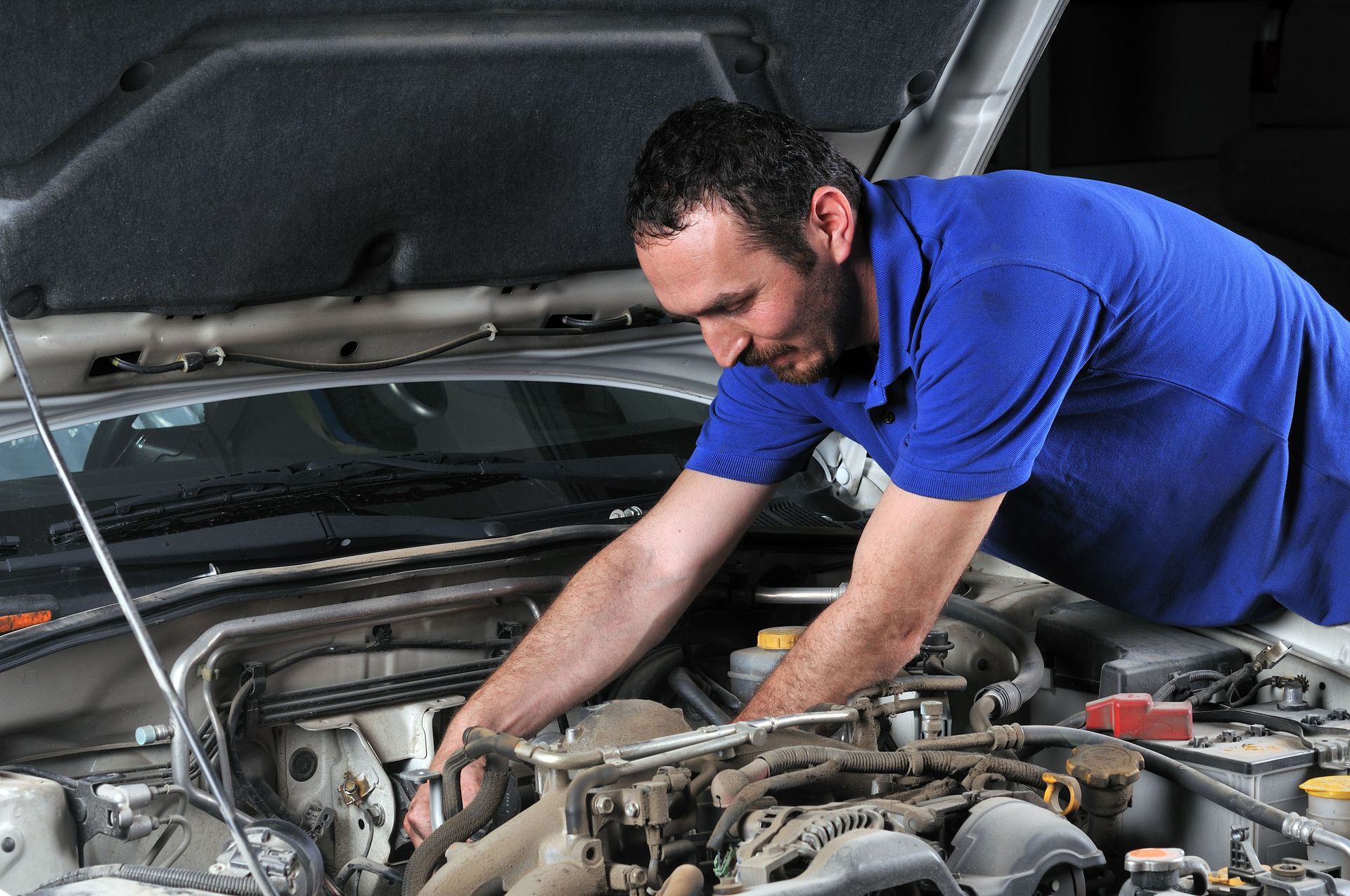
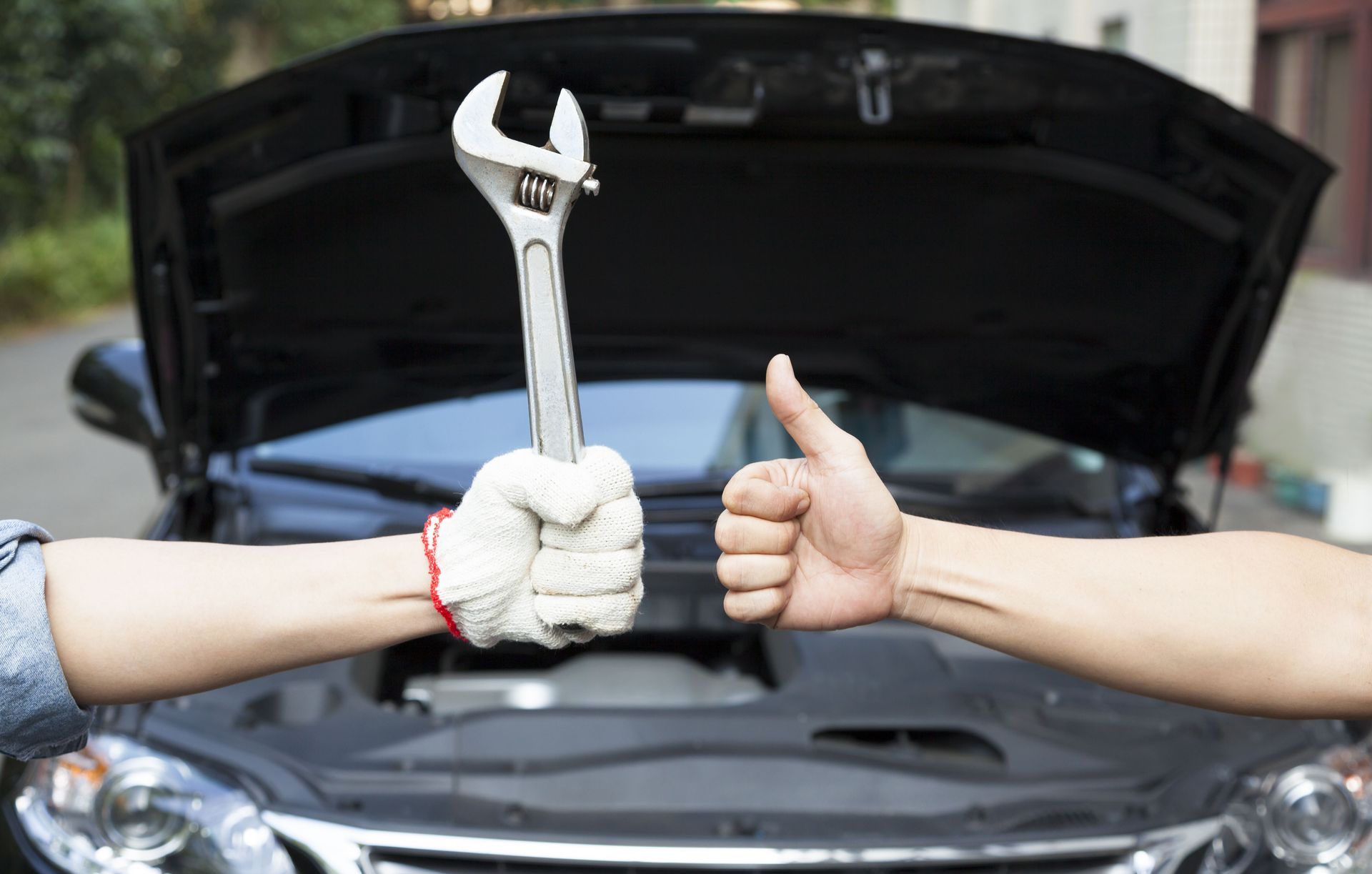

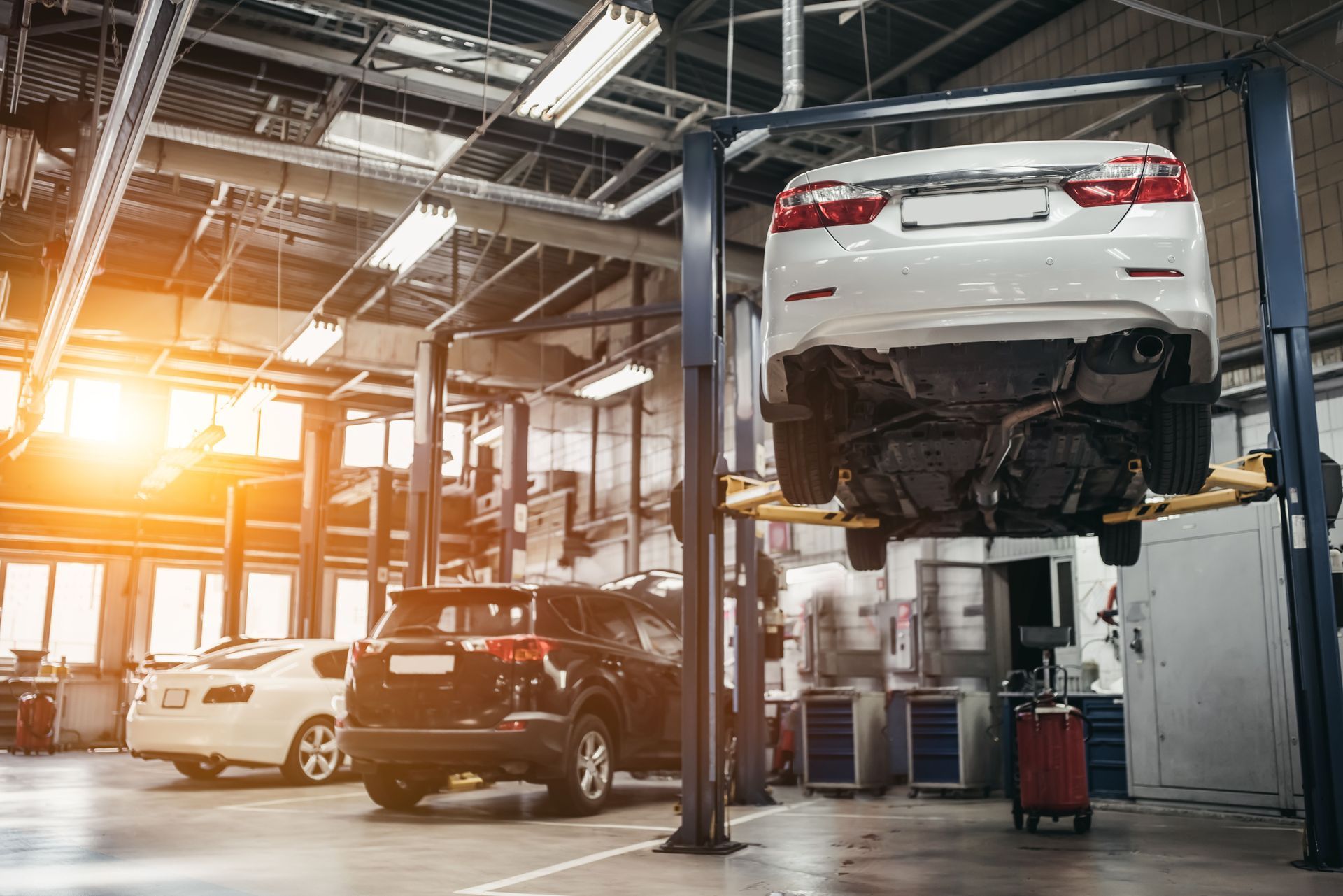
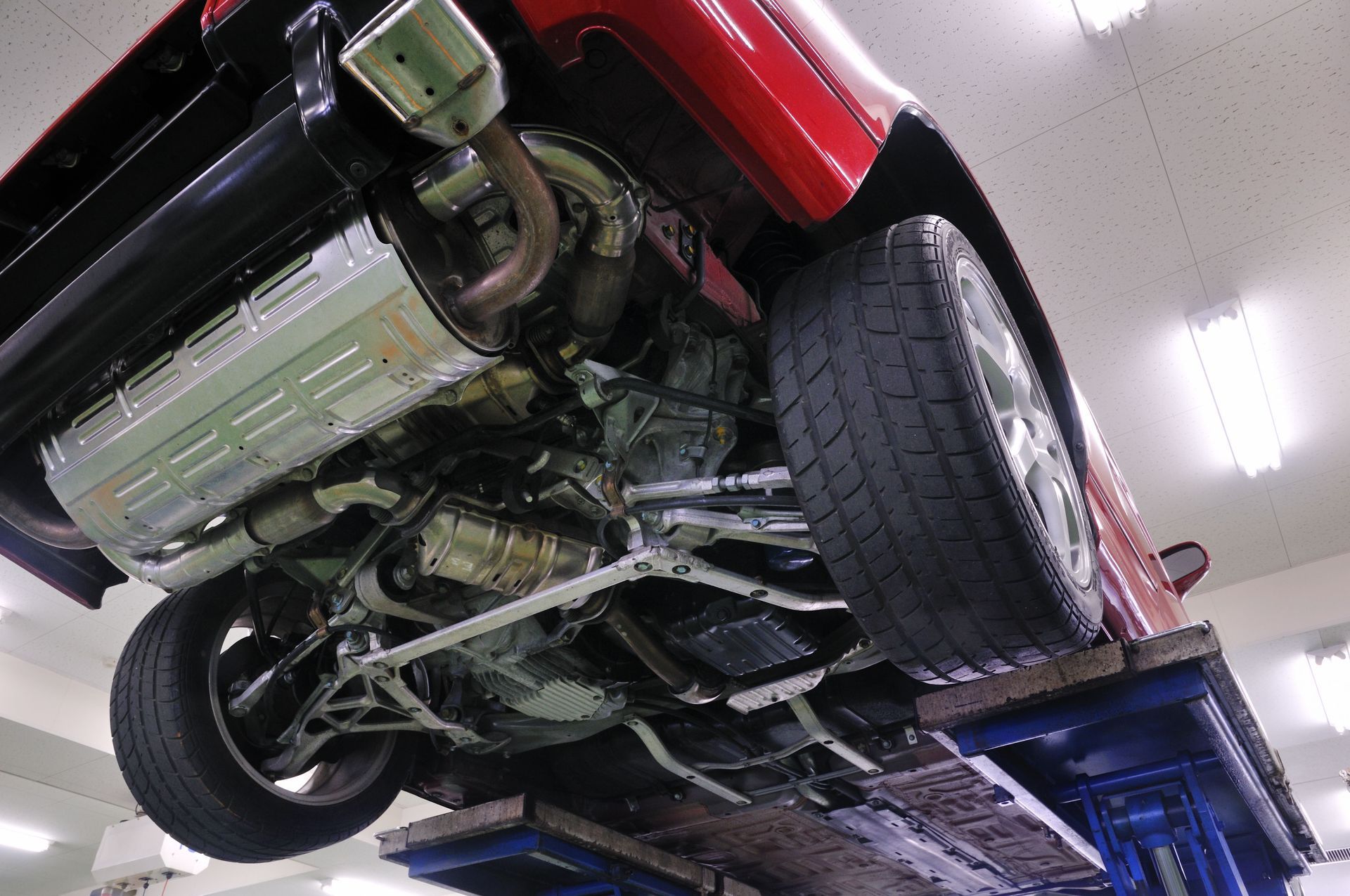
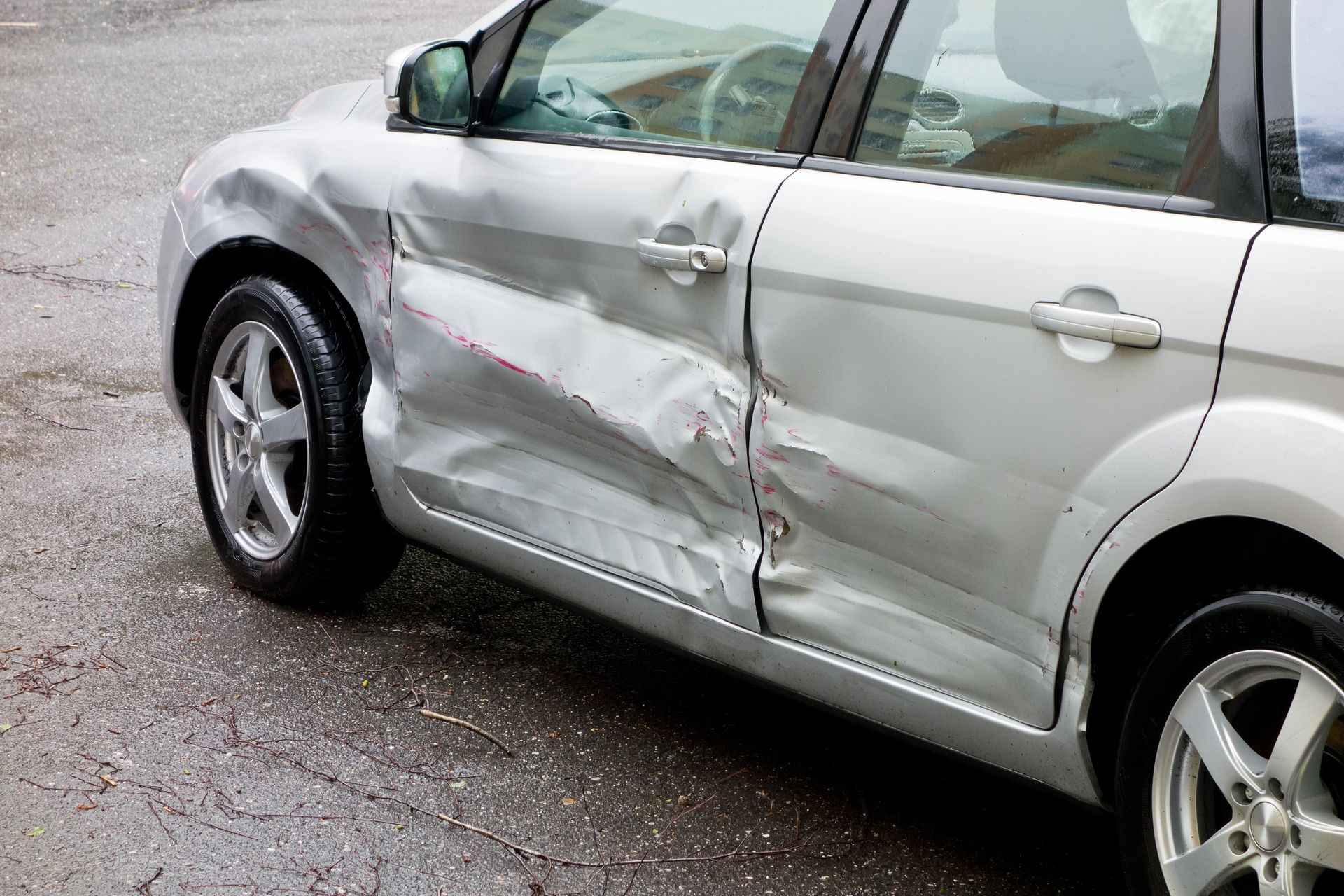

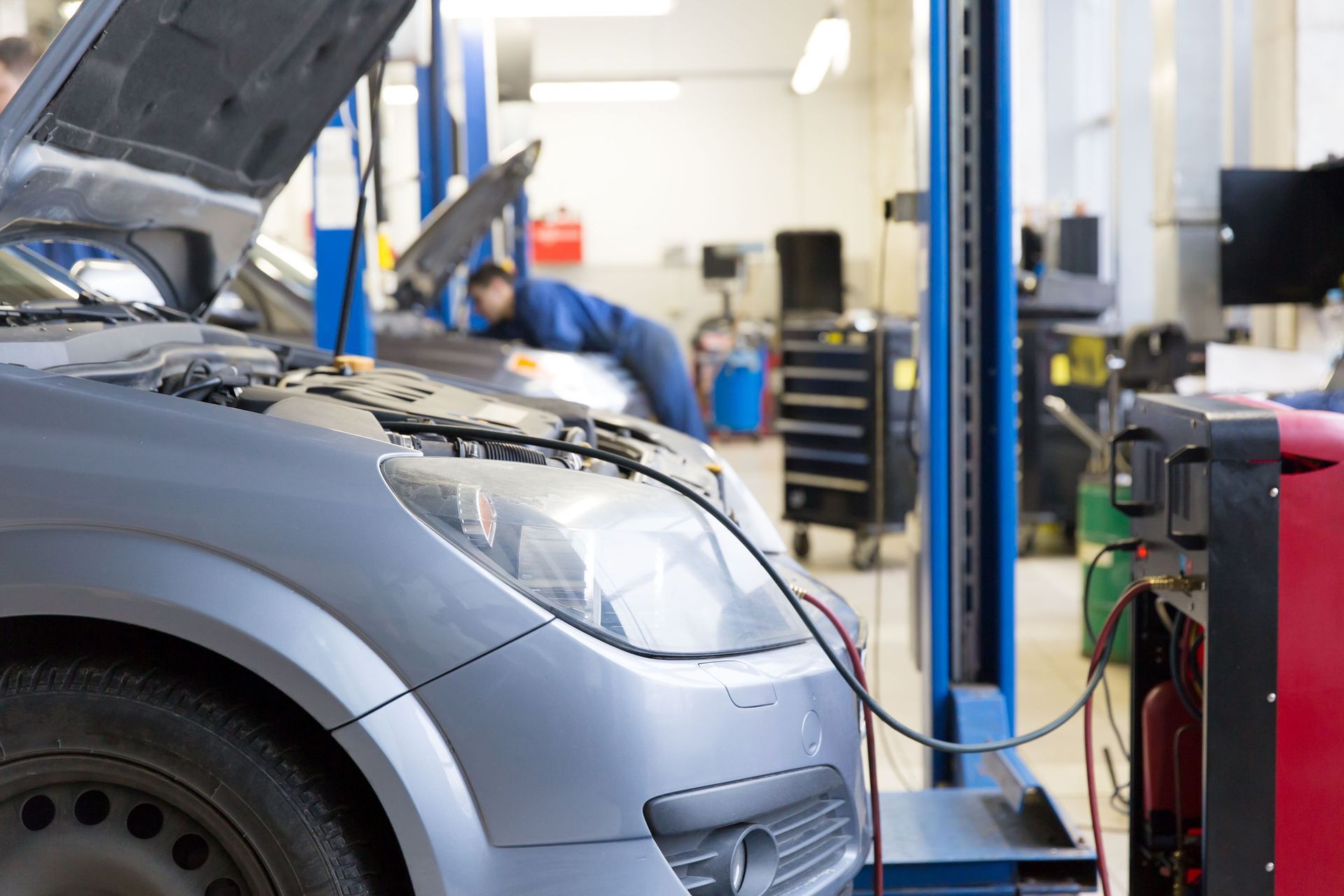
Share On: